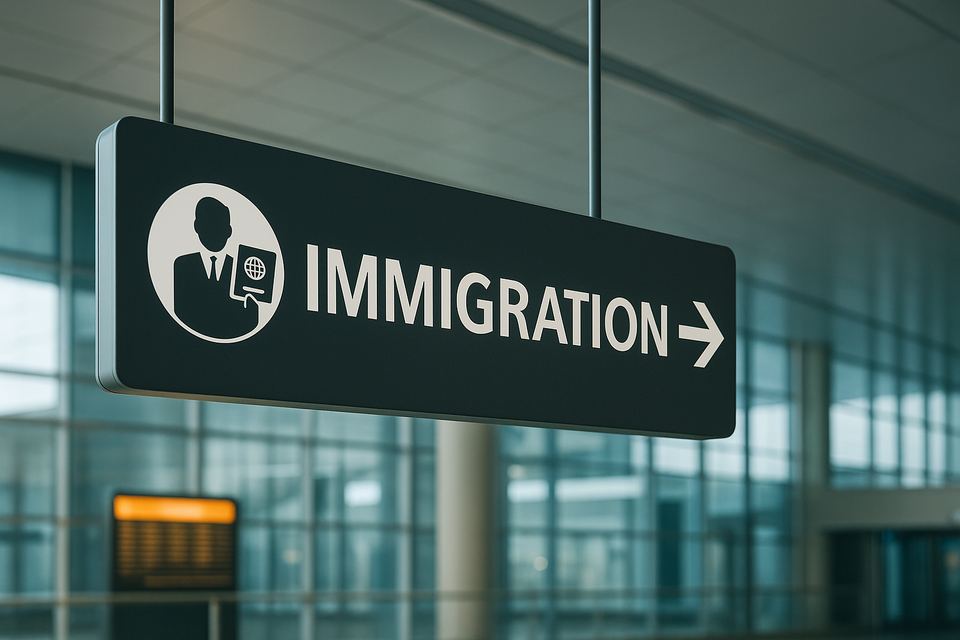Korea Visa Survival Guide: What Immigration Won’t Say (2025)

Let’s be honest: Korean immigration isn’t known for clarity. If you're on a D-10, D-8, or F-series visa, you're expected to know things no one actually tells you — until you're already flagged, delayed, or denied.
This guide breaks it down: real rules, hidden traps, and expat-tested strategies that’ll keep you compliant and sane.
Why This Guide Exists
Immigration officers aren’t there to explain the gray zones — and what’s legal doesn’t always mean “approved.” What you need is survival-level clarity.
We built this from the ground up: real expat experiences, silent rejections, and what people actually do to stay one step ahead.
Visa-by-Visa Breakdown: What They Don’t Tell You
D-10: The Job-Seeker Visa
- Official max: 6 months (can be extended to 1 year)
- What they don’t tell you: The clock starts once you submit, not when it's approved
- Risk: If you don’t log job search activity or freelance work, you’ll be denied quietly
- Fix: Upload docs to HiKorea every month — even if nothing changed
D-8: Startup or Investor Visa
- You need capital and a business license — not just a concept
- Risk: Some officers expect revenue, not just investment proof
- Fix: Register a biz entity, show contracts, link to product if available
F-2 / F-6: Resident & Spouse Visas
- These are flexible but watched
- Risk: Too much travel = red flag. They suspect you’re not actually living in Korea
- Fix: Show local bills, phone records, rental docs, or proof of integration
Grace Periods, Gaps & Overstay Landmines
- Most visas have zero grace period unless explicitly mentioned
- Overstaying—even by one day—can bar you from reentry or cancel your next visa
- Leaving Korea doesn’t reset your visa situation
📌 Example: Submitting an extension 2 days before expiration may not count if you’re missing required docs
Expat Hacks That Actually Work
🛠 From the field:
- Register as “consulting” instead of “freelance” — gets flagged less
- Save screenshots of every HiKorea submission or email
- Use Seoul’s 출입국외국인정책본부 (HQ immigration branch) for tricky renewals
- Prepare a short, Korean-written “activity summary” to hand over proactively
What Immigration Expects (But Won’t Say)
- That you speak basic Korean — or bring a Korean speaker
- That your story matches your documents (ARC reason vs actual job)
- That your bank account shows your income/source aligns with visa type
🛑 Red Flag Combo: ARC says “startup” but your transactions show tutoring income or freelance art — expect questioning.
TL;DR Visa Survival Checklist ✅
| Visa Type | Gotchas to Watch | What to Prepare |
|---|---|---|
| D-10 | No activity logs = denial | Monthly uploads, application history |
| D-8 | No revenue = weak extension | Biz license, website, contracts, receipts |
| F-2/F-6 | Overtravel = suspicion | Rental doc, local bills, community activity |
📣 Need live advice from people who’ve done this?
Join Every Expat in Korea to ask what worked for your exact visa.
